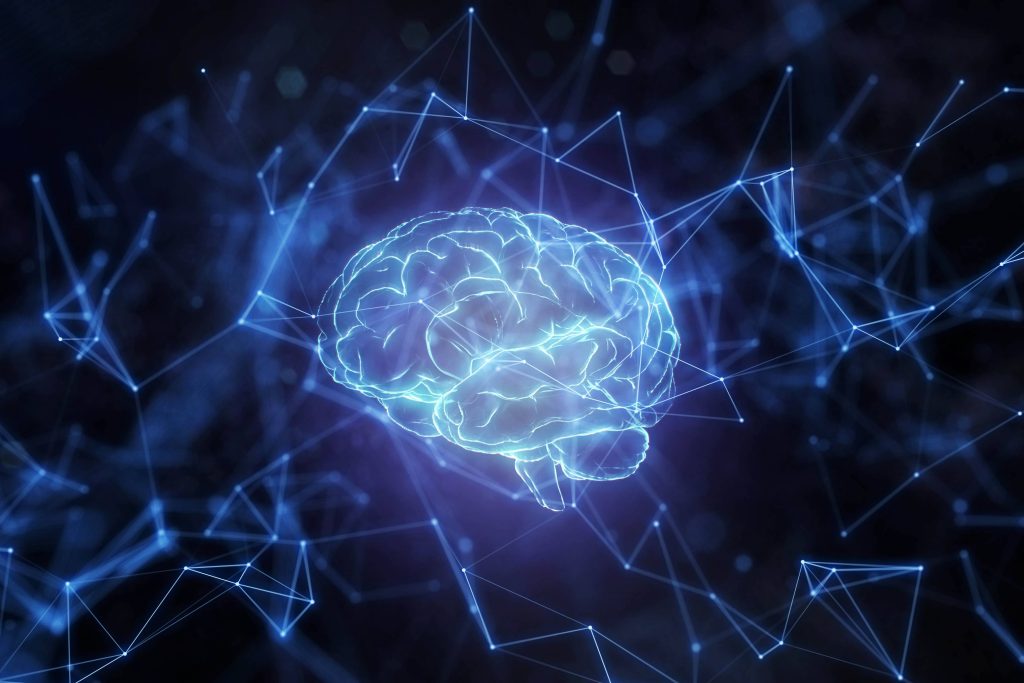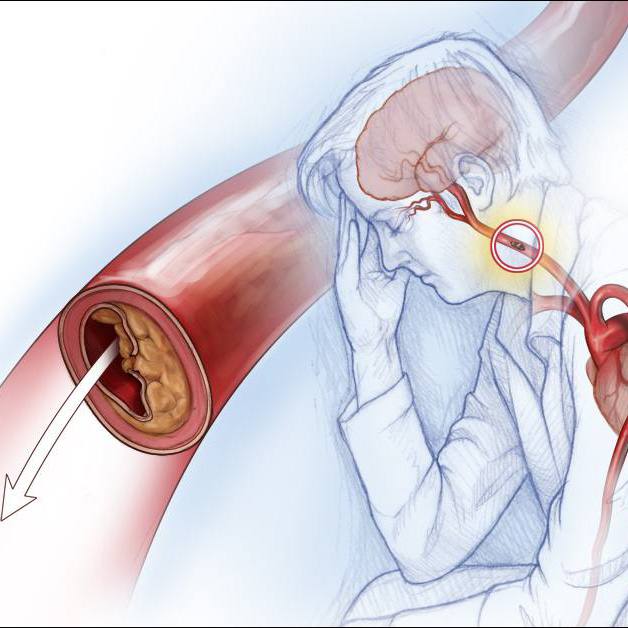
World Encephalitis Day will be observed Wednesday, Feb. 22, which makes this a good time to learn more about this potentially life-threatening disease. Encephalitis affects nearly 500,000 people of all ages worldwide each year, according to the Encephalitis Society.
What Causes it
Encephalitis is inflammation of the brain. The inflammation can be caused by an infection, most often a virus, invading the brain (infectious encephalitis), but it also can be caused by the immune system attacking the brain in error (autoimmune encephalitis). Sometimes the immune attack can be triggered by an infection in the body without the infection itself invading the brain (post-infectious autoimmune encephalitis). At other times, the immune attack can be triggered by a tumor, benign or cancerous, somewhere in the body (paraneoplastic autoimmune encephalitis). In many cases, an exact cause of encephalitis is not identified.
Some types of encephalitis are more common or more severe in certain age groups. In general, young children and older adults are at greater risk of most types of viral encephalitis. Other risk factors include having a compromised immune system, living in certain areas of the world and the season of the year.
Viruses that can cause encephalitis include herpes viruses and enteroviruses. Encephalitis also can be caused by viruses carried by mosquitoes or ticks. Wearing appropriate clothing and using insect repellent while outdoors is the best way to prevent exposure to these viruses.
With infectious encephalitis, symptoms evolve over days to weeks and can include fever, confusion, personality changes, headache, vomiting, weakness and seizures. Symptoms in autoimmune encephalitis can evolve more slowly over weeks to months. Fever is less common or can precede the neurologic symptoms by a few weeks.
Treatment
Encephalitis caused by certain viruses usually requires treatment with antiviral medications. Treatment of autoimmune encephalitis usually involves medications that suppress the immune system.
People who are hospitalized with severe encephalitis might need breathing assistance, IV fluids, anti-inflammatory drugs to reduce swelling and pressure within the skull, and anti-convulsant medications to stop or prevent seizures.
Despite significant progress, encephalitis is still associated with high mortality. Those who recover from the initial illness may struggle with fatigue, paralysis, language impairment, memory difficulties, personality changes and memory problems that may persist for months or be permanent.
Connect with others talking about encephalitis in the Brain & Nervous System support group and the Autoimmune Diseases support group on Mayo Clinic Connect, an online patient community moderated by Mayo Clinic.
Related Articles







